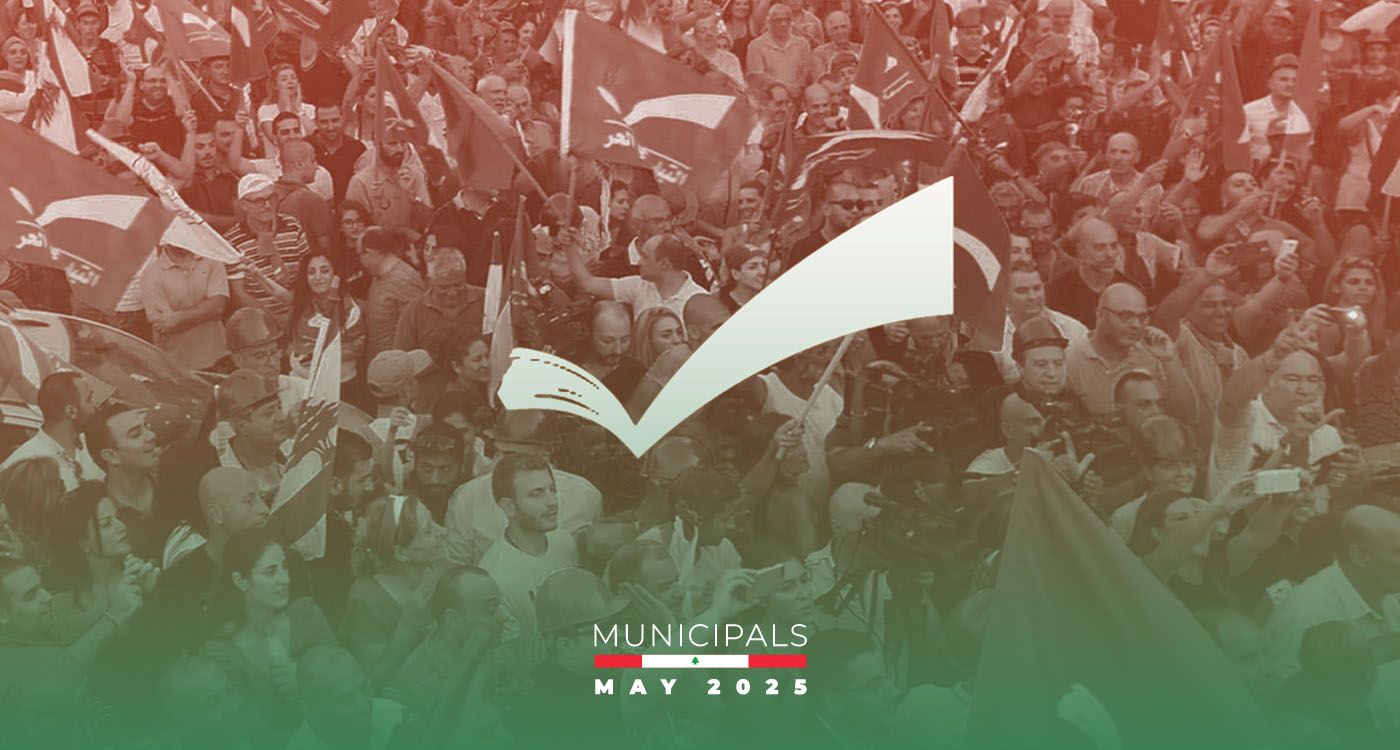- Home
- Highlights
- The FPM: Once Upon a Time in Power

©This is Beirut
Those close to the Free Patriotic Movement (FPM) often exaggerate the party’s political victories. After the most recent parliamentary elections, they insisted for months that the FPM held the largest bloc, despite clear figures showing the Lebanese Forces (LF) had outperformed them. They maintained this narrative by portraying their entire bloc as composed of party loyalists, while dismissing the fact that the Lebanese Forces’ bloc included independents and allies who were not card-carrying members.
This narrative unraveled as internal divisions emerged: four MPs left the party, MP Mohammad Yehya withdrew from the bloc and the Tashnag party ceased coordination with the FPM on major decisions. The FPM’s real parliamentary presence therefore stood at just 12 MPs.
A familiar pattern emerged in the municipal elections. The FPM formed alliances across various regions, as is typical in local elections where family ties often outweigh other factors. However, the three most significant contests in Mount Lebanon unfolded in the capitals of the districts: Jbeil, Jounieh and Jdeideh, where the FPM failed to secure a single victory, with their opponents winning by a decisive two-thirds to one-third margin. This was a stark blow to the party, which had once boasted of representing 70% of Lebanon’s Christian population.
Refusing to accept the reality of the results, the FPM continued its defiant stance, with party-affiliated media outlets promoting the narrative that it had triumphed in numerous municipal races across the country.
For instance, in Deir el-Qamar, the FPM declared itself victorious after forming an alliance with the National Liberal Party (al-Ahrar) in its traditional stronghold, despite the fact that MP Georges Adwan’s list managed to secure three seats. The FPM framed this as a win, even though both sides had formed similar alliances, essentially with former political rivals.
The same narrative unfolded in Qartaba, where the FPM claimed victory, although the list it supported was part of an alliance with the Kataeb, the LF and all the major political forces in Jbeil, except for former MP Fares Souhaid.
This pattern repeats itself across numerous examples, with the FPM constantly presenting itself as victorious according to its analysis and figures, refusing to acknowledge defeat, regardless of the actual outcome.
However, the real paradox lies in the fact that the FPM’s most significant battles will be fought in two key regions where it must assert its dominance. The first is in the villages and towns of Batroun, following the formation of a coalition in Batroun around Marcelino al Harek, head of Batroun’s municipality. The second is in Jezzine, where the FPM suffered a crushing defeat in the last parliamentary elections and now faces the challenge of rebuilding its base and proving its relevance.
In other regions, towns and villages, the FPM will not be able to make any real difference, despite its inevitable claims of victory. The issue is not the FPM's rhetoric, but rather the shifting political landscape. By aligning its tenure with political and popular losses, the FPM positioned itself as an opponent of the current presidency, particularly after rejecting any form of compromise.
The FPM is now paying the price for its failure to take bold and principled stances, reducing its notion of success to securing a mukhtar or a single municipal seat, then touting it as a national triumph.
Read more



Comments